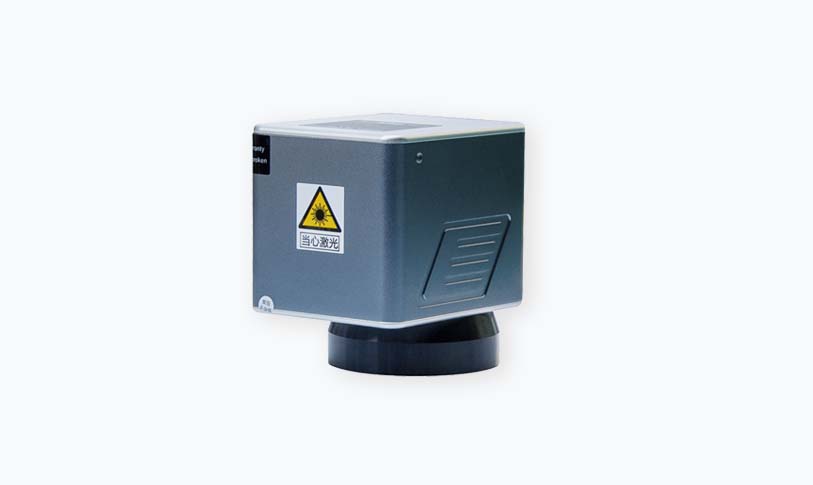In recent years, CO2 laser machines have emerged as a transformative tool in numerous industries, offering precision and efficiency that are unmatched by traditional methods of cutting, engraving, and marking. These advanced machines utilize a specific wavelength of laser light, which is absorbed by a variety of materials, making them incredibly versatile for various applications. In this article, we will delve into the numerous benefits of CO2 laser machines and explore the significant role they play in different sectors, including manufacturing, healthcare, and the creative arts.
**Understanding CO2 Laser Technology**

The Versatile Applications and Benefits of CO2 Laser Machines in Various Industries
CO2 lasers operate by introducing gas mixtures into a laser cavity, where an electric current stimulates the gas, resulting in the emission of focused light. The wavelength produced typically ranges from 9.3 to 10.6 micrometers, which is particularly effective for cutting through organic materials like wood, plastic, leather, and even some metals with appropriate coatings. This unique capability makes CO2 laser machines an essential tool for various industrial applications.
**Applications in Manufacturing**
One of the primary fields benefiting from CO2 laser technology is manufacturing. In this sector, these machines are extensively used for cutting and engraving materials with high precision. For instance, the automotive and aerospace industries leverage CO2 lasers for shaping components, creating intricate designs, and ensuring tight tolerances that are critical for performance and safety.

The Versatile Applications and Benefits of CO2 Laser Machines in Various Industries
Additionally, CO2 laser machines are ideal for creating prototypes and models in product development. The rapid prototyping capabilities provided by these lasers allow engineers and designers to quickly iterate on their designs without the need for expensive tooling, thus speeding up the overall production process.
**The Healthcare Sector’s Adoption**
The versatility of CO2 laser machines extends into the medical field, where they are increasingly employed for surgical procedures and cosmetic treatments. Surgeons use CO2 lasers for dermatological procedures, including skin resurfacing and the removal of moles, warts, and tattoos. The precision involved in laser cutting minimizes damage to surrounding tissues, resulting in reduced scarring and quicker recovery times for patients.
In addition to surgical uses, CO2 lasers are prominent in dental practices for procedures like cavity preparation and gum reshaping. Dental professionals appreciate the non-invasive nature of CO2 lasers, as they can perform surgeries with less discomfort for patients compared to traditional methods.
**Creative Applications in the Arts**
Beyond industrial and medical uses, CO2 laser machines have found a niche in the creative arts world. Artists, designers, and crafters utilize them for various projects, such as intricate engraving on glass, custom signage, and personalized gifts. The ability to cut and engrave materials like wood, acrylic, and leather means that artists can explore limitless possibilities in their creations.

The Versatile Applications and Benefits of CO2 Laser Machines in Various Industries
Moreover, the use of CO2 lasers in creating custom trophies, awards, and promotional materials has revolutionized the signage and branding industry. The precision and quality of a laser-engraved design often surpass the results of traditional engraving techniques, allowing businesses to convey their brand message more effectively.
**Benefits of Using CO2 Laser Machines**
The benefits of CO2 laser machines extend beyond their diverse applications. One of the most significant advantages is efficiency. These machines can operate at high speeds without compromising on accuracy, making them far more productive than manual methods. This efficiency translates into reduced labor costs and shorter lead times for projects.
Moreover, laser cutting is often more environmentally friendly than other methods, as it produces less waste material and consumes less energy. The precision of CO2 laser machines means that cutting and engraving require fewer resources, enhancing their sustainability profile.
Lastly, CO2 lasers offer unparalleled flexibility. Whether it’s adjusting the settings for different materials or customizing designs, users can easily adapt to various projects without needing quick changes in the equipment setup.
**Conclusion**
CO2 laser machines represent a remarkable advancement in technology that impacts a wide array of industries. Their applications in manufacturing, healthcare, and the arts demonstrate their versatility and essential role in modern operations. As technology continues to evolve, the potential for CO2 laser machines will only expand, paving the way for innovative solutions and enhanced capabilities across various sectors. Embracing this technology can lead to improved productivity, precision, and ultimately, greater satisfaction for both businesses and their customers.galvo scanner laser


